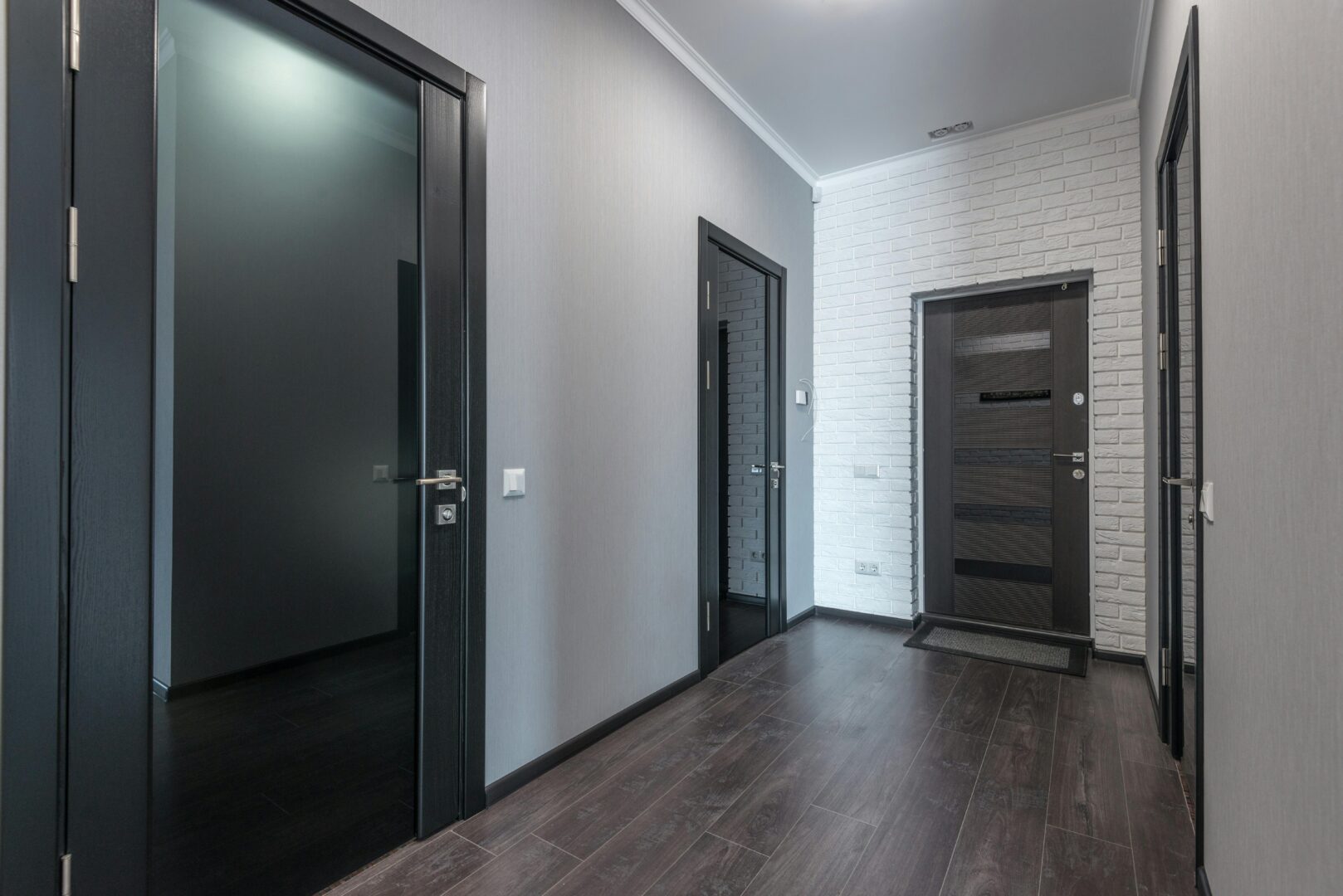The duties of property management include:
Designation of a Named Premises Manager: All facets of the fire detection and fire alarm system on the premises should be supervised by a single, named premises management employee as should be specified in your fire risk assessment.
- They are responsible for keeping accurate records, testing and maintaining the system in accordance with BS 5839-1 on a regular basis, and making sure that everyone who needs to know is aware of their responsibilities for the system within the secured premises.
Servicing and Maintenance Agreement:
- It is recommended that the Named Premises Manager set up a service and maintenance agreement with a qualified provider.
Documentation Management:
- Inspection and servicing certificates, modification certificates, and the logbook, written fire risk assessments, among other documents, should be kept for inspection by the enforcement authority.
Daily Check of Control Panel:
- The Control and Indicating Equipment (CIE) should be examined at least once every 24 hours.
- In the event that a fault does occur, it should be promptly investigated and fixed by getting in touch with the service provider.
Allow adequate space around manual call points and detectors:
To avoid occlusion, detectors should have a minimum of 500 mm of unobstructed space above and below them.
- Call points should be clearly visible and unhindered.
- Any alterations made to the property shouldn’t compromise the efficacy of the system, such as the erection of partition walls that might interfere with the sound of alarms or impede the flow of smoke towards detectors.
Instruction and Training
- Proper fire safety training is specified in the Fire safety Order 2005 which is the backbone of UK fire safety law. Instruction on the proper operation of the system, including how to activate fire alarm signals, silence alarms, and reset the system, should be given to all pertinent parties.
Weekly Testing: Premises management or their designated staff, such as fire marshals or service provider technicians, should conduct weekly testing.
- A separate manual call point should be triggered each week during regular business hours, and this test should be carried out at around the same time every week.
- The weekly test’s main purpose is to verify the system’s capacity to process a fire alarm signal and turn on sounders. It should last at least 5 seconds but often not more than 60.
For fire detection and alarm systems in non-domestic buildings to function effectively and dependably, compliance with these obligations is crucial.
Ensure your London fire risk assessment company is fully aware of your fire safety requirements and incorporates them into your fire safety plan.








